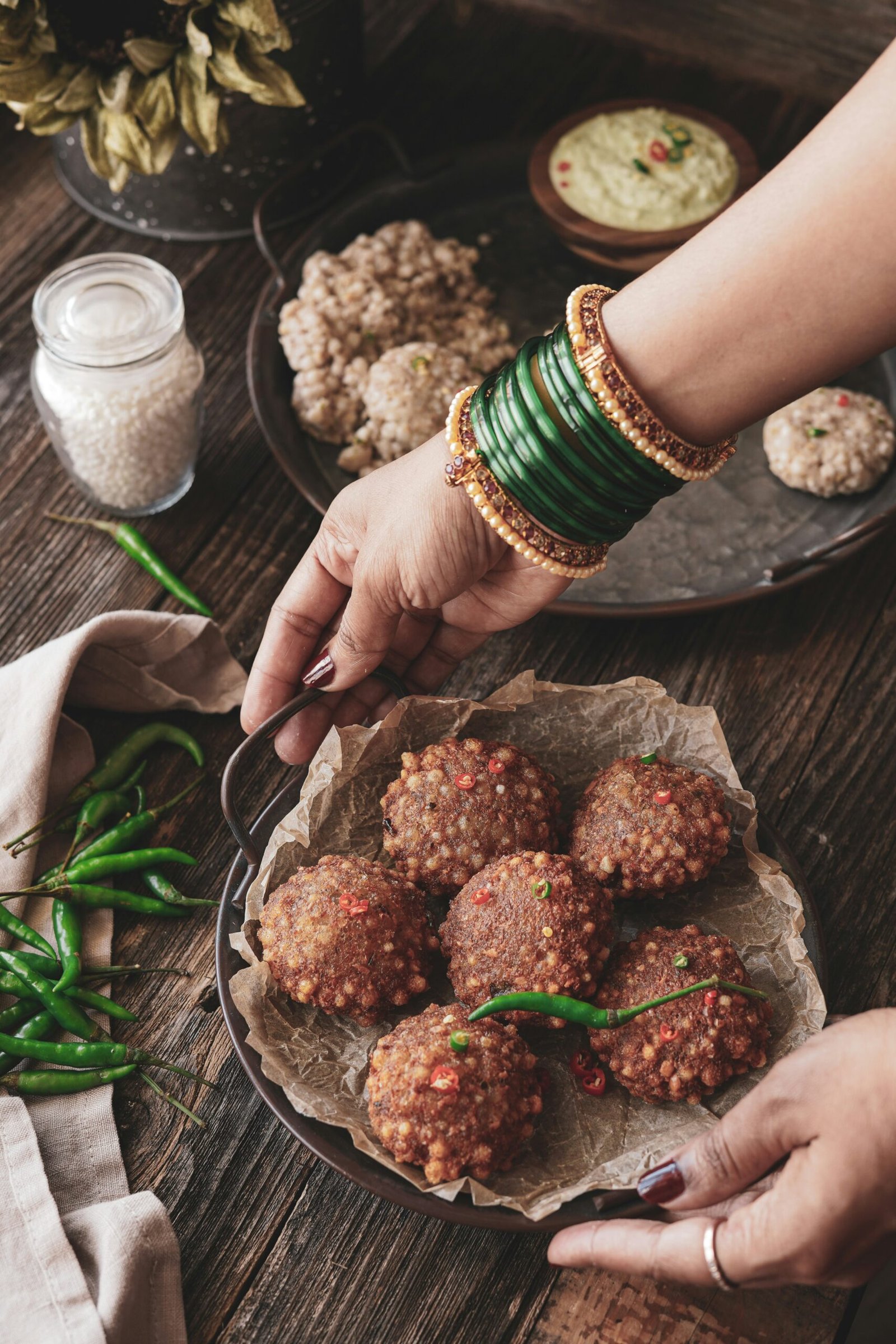Navratri is a festive time when many people observe fasts as a way to cleanse their bodies and minds. While fasting during Navratri, it is important to choose foods that are not only delicious but also provide the necessary nutrients to keep you energized throughout the day. In this article, we will explore some healthy food options for Navratri fasts, ensuring you make better choices for your overall well-being.
1. Fresh Fruits and Vegetables
Fruits and vegetables are an excellent choice during Navratri fasts. They are packed with essential vitamins, minerals, and fiber. Include a variety of fruits like apples, bananas, oranges, and pomegranates in your diet. Vegetables like potatoes, sweet potatoes, pumpkin, and spinach can be cooked in a healthy manner using minimal oil and spices.
2. Protein-Rich Foods
Protein is an essential macronutrient that helps in building and repairing tissues. During Navratri fasts, opt for protein-rich foods like dairy products, nuts, and seeds. Include foods like yogurt, cottage cheese (paneer), almonds, walnuts, and peanuts in your diet. These foods will not only provide you with the necessary protein but also keep you feeling full and satisfied.
3. Whole Grains and Legumes
Whole grains and legumes are a great source of complex carbohydrates, fiber, and plant-based proteins. Include foods like rajgira (amaranth), kuttu (buckwheat), and singhare ka atta (water chestnut flour) in your diet. These grains can be used to make delicious and healthy dishes like rotis, puris, and pancakes. Legumes like chickpeas (chana) and green gram (moong) can be sprouted and used in salads or cooked as a curry.
4. Healthy Fats
While it is important to limit the intake of unhealthy fats, it is equally important to include healthy fats in your diet. Healthy fats are essential for the absorption of fat-soluble vitamins and provide a feeling of satiety. Include foods like ghee (clarified butter), coconut oil, and olive oil in your cooking. You can also add a handful of nuts and seeds to your diet for a healthy dose of fats.
5. Hydration
Staying hydrated is crucial during Navratri fasts. Drink plenty of water throughout the day to keep yourself hydrated. You can also include coconut water, lemon water, and herbal teas in your diet to add variety and flavor. Avoid sugary beverages and opt for natural and unsweetened options.
6. Mindful Eating
While it is important to focus on the type of food you consume, it is equally important to practice mindful eating. Take the time to savor and enjoy your meals. Chew your food thoroughly and eat slowly. This will not only aid digestion but also help you listen to your body’s hunger and fullness cues.
7. Portion Control
During Navratri fasts, it is easy to overindulge in certain foods. Practice portion control and listen to your body’s signals of hunger and fullness. It is important to strike a balance and not consume excessive amounts of any particular food, even if it is healthy.
Remember, Navratri fasts are not just about abstaining from certain foods but also about nourishing your body and mind. By making better food choices and following a balanced approach, you can ensure that your Navratri fasts are not only spiritually fulfilling but also nutritionally beneficial.
Disclaimer: Please consult a healthcare professional or a registered dietitian before making any significant changes to your diet, especially if you have any underlying health conditions.


